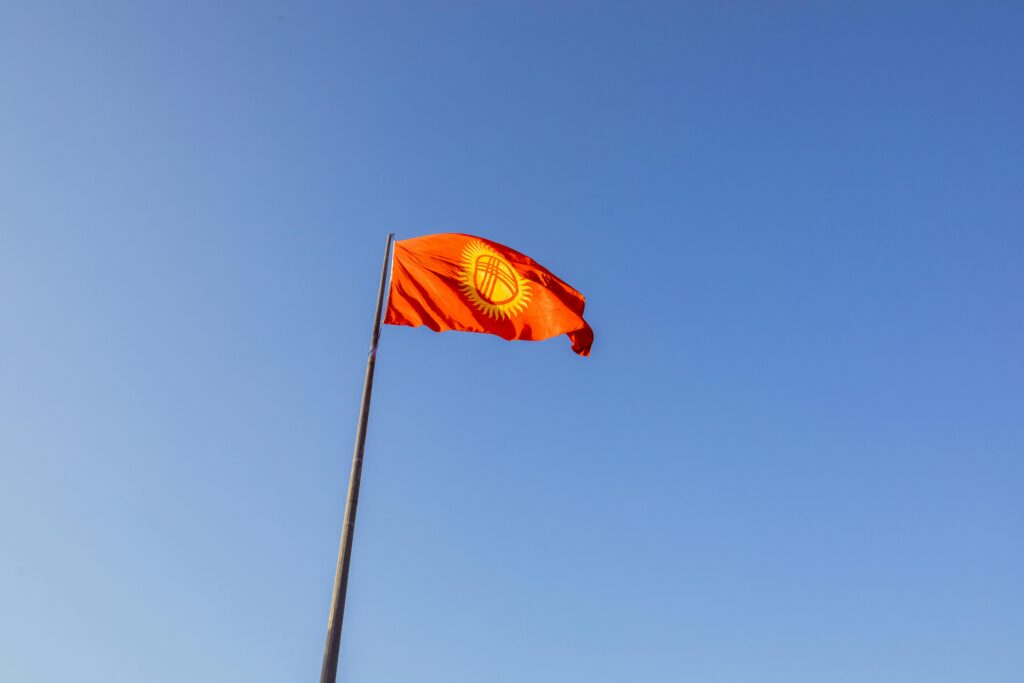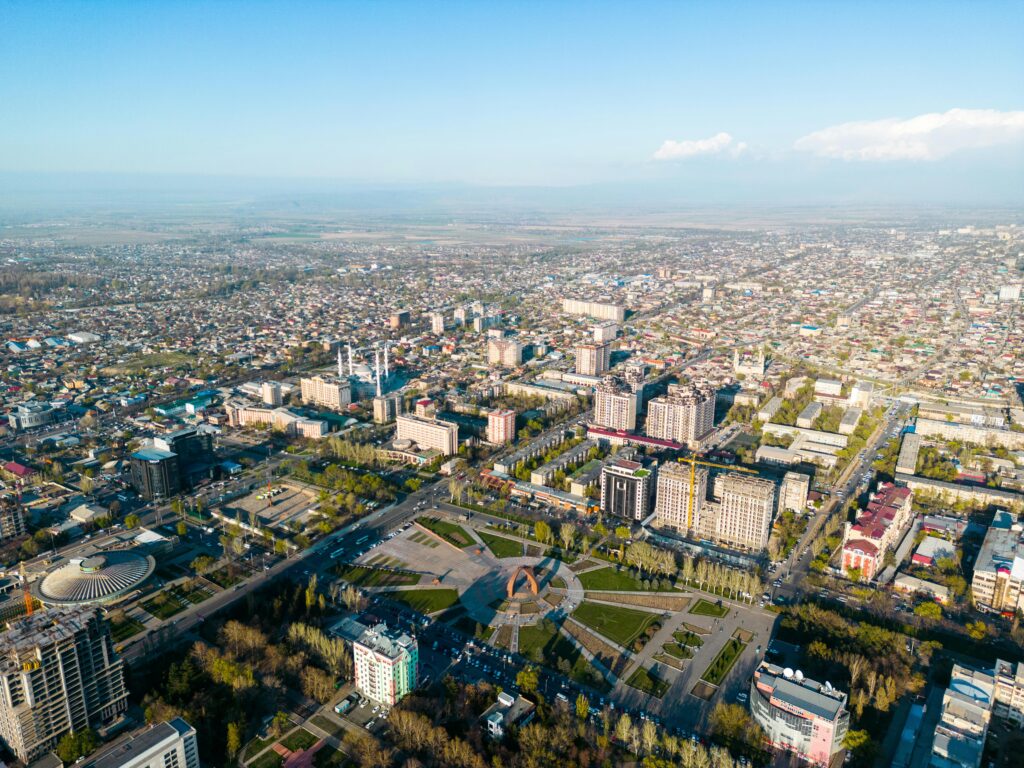Myktybek Orolbai Hat: The Traditional Kalpak of Kyrgyzstan

What’s the story behind Myktybek Orolbai Hat? All your questions about the UFC fighter Myktybek Orolbai and his traditional Kyrgyz hat. This hat is called the Kalpak and is a core tenant that represents the culture of Kyrgyzstan.
Myktybek Orolbai Hat: Kalpak
The Kakpak hat, worn by Myktybek Orolbai, is celebrated for its cultural significance and is included in the UNESCO Intangible Cultural Heritage list. Men traditionally wear it and has designs that can indicate the wearer’s age and social status. It is a national emblem of Kyrgyzstan, celebrated annually on March 5th as “Kalpak Day.”

Made from white felt, the kalpak is designed with four panels that symbolize the snow-capped peaks of Kyrgyzstan’s mountains. Its shape and white color represent purity and the majestic nature of the Kyrgyz landscape. The hat has black needlework, often including patterns with symbolic meanings. These patterns often represent elements such as air, water, earth, and fire.

Myktybek Orolbai Hat the Kalpak is treated with great respect. There are strict cultural norms surrounding its use: it should not be placed on the ground or given away casually, as doing so is considered disrespectful. The kalpak is a symbol of Kyrgyz identity. The origins of this hat are not entirely clear.

Kyrgyzstan Lifestyle
A significant portion still engaged in traditional nomadic lifestyles. The country has very close connections to the Mongolian empire ruler Genghis Khan. Today, the majority of Kyrgyz people live in cities, and all wear the Myktybek Orolbai hat the Kalpak.

Like many Central Asian countries, they have a rich tradition of wrestling. Wrestling remains a vital part of Kyrgyz culture. In Kyrgyz Kurosh, competitors face each other on a mat, gripping each other’s belts with both hands. The goal is to toss the opponent onto their back, similar to Sumo of Mongolian Bokh.

That is everything you need to know about Myktybek Orolbai hat the Kalpak, a traditional Kyrgyz symbol worn by the UFC athlete.






